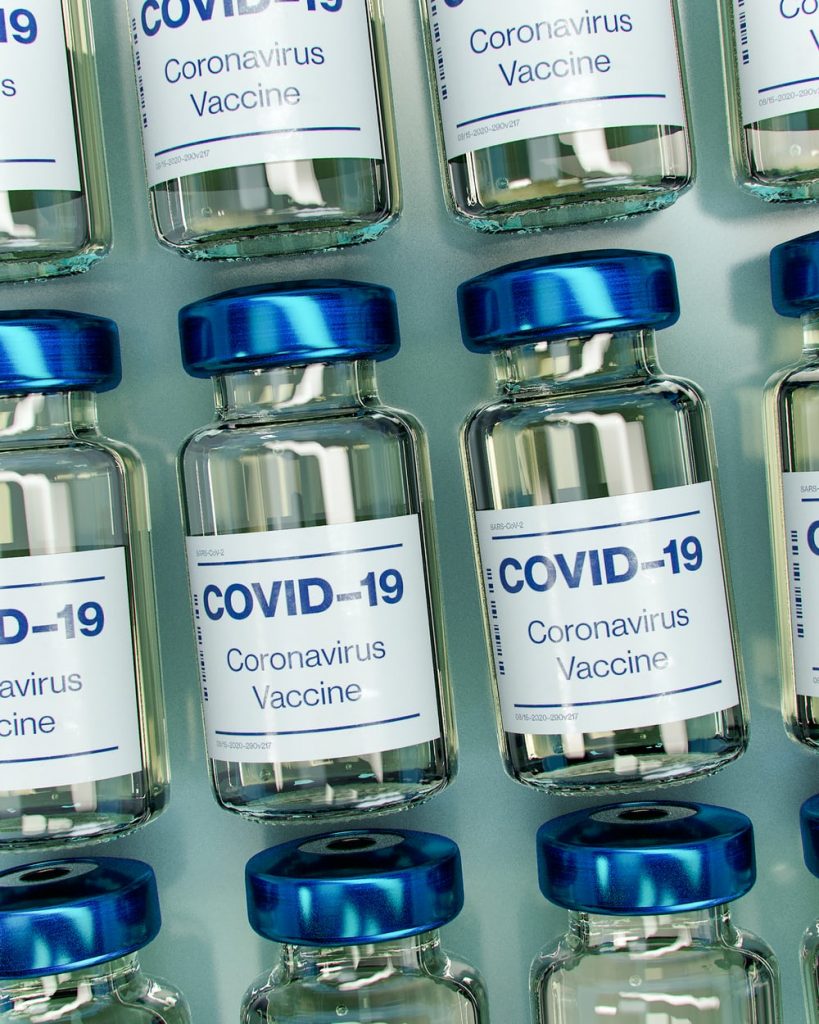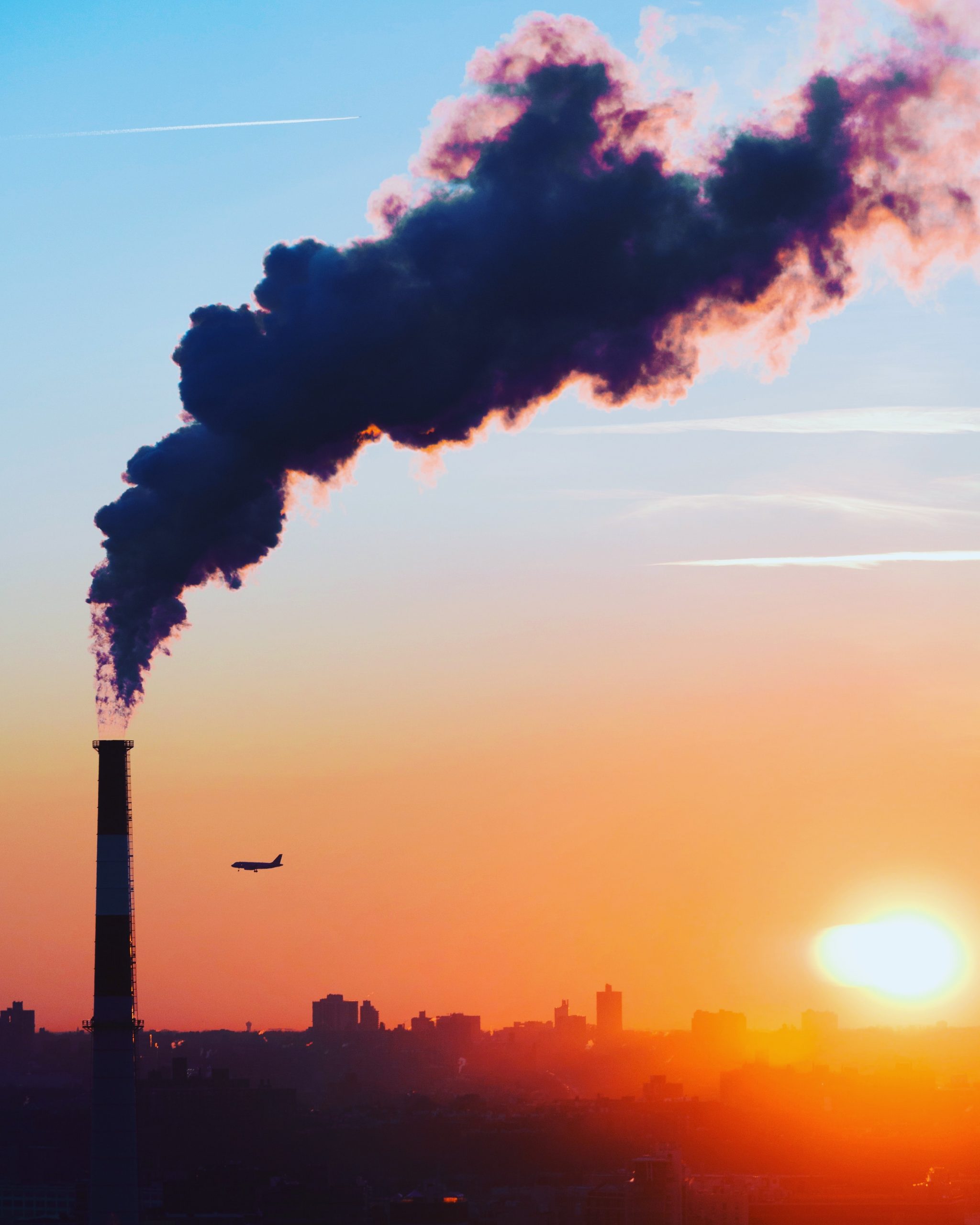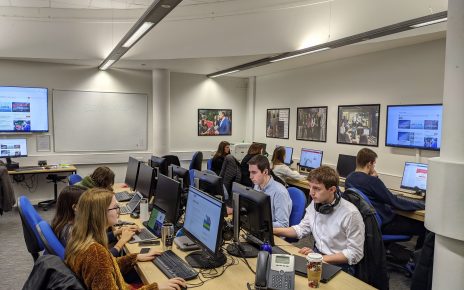There were fish swimming in the waters of Venice and wild animals were adventuring in to city streets that were once filled with cars.
In the early days of the first lockdown we started seeing the impacts humans had on the environment were being reversed. By locking us away, other species thrived.
Within the first month of the lockdown, New York’s pollution levels reduced by almost 50%. A big part of this improvement is because people are travelling less, which usually makes up 23% of our global carbon emissions.
Scientists have said the longer the pandemic goes on for the more long lasting the benefits will be on the climate.
However these benefits are still only temporary. Experts say the last time something similar happened was in 2008-09 during the economic crash. With people not being able to afford travel expenses and being forced to live less lavishly, the environment began to improve.
In 2010 the economy began to recover and, in the years to follow, emissions rose to an all time high. Environmentalists are worried this may happen again and even worse than before.
However they say the temporary benefits are still a good thing. Now that flying into the UK has become restricted, the benefits are due to increase. Research by The Tyndall Centre for Climate Change has shown that we must cut emissions by 90% by 2050.
With the vaccine now being distributed on a huge scale, it has been a light at the end of a very long tunnel for many. Although some environmental experts are concerned. The vaccine leaves a large trail of carbon footprint behind with it being moved from place-to-place in trucks and airplanes, as well as the energy required for storage freezers. They also worry that there may be a lot of waste from the vials and syringes.

Although when asked about whether he was concerned about this, Jon Furley, Sustainability Operations Manager at the University of Gloucestershire, said: “No. Mainly because its overall impact in the bigger picture is still low and clearly that impact is far outweighed by the benefits to society of controlling the virus.”
“There has been a lot of discussion and surveys of businesses on whether the virus has changed their commitment to combating climate change and the clear response has been that businesses have actually increased their focus (but maybe not their funding yet) on efforts to reduce their impact on the climate. But then also across the globe there will be a lot of people, including many in the UK, whose lives have become so much harder due to the pandemic (either they have been ill, they have lost their job, they have to look after their kids, etc) that they simply have not got any time to worry about climate change.”
It is still very unclear how things will be when this all eventually ends, but when it comes to climate change, we still have a very long way to go.

